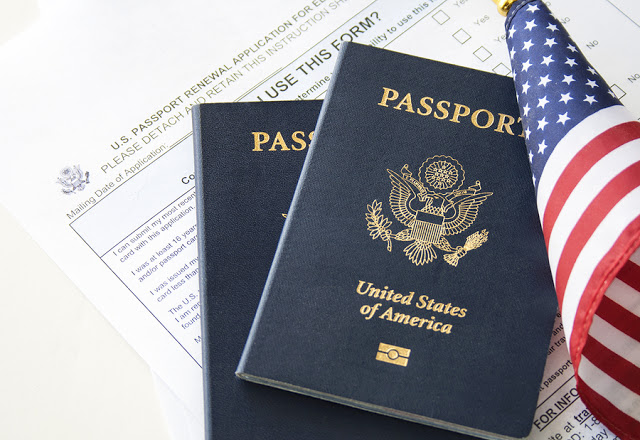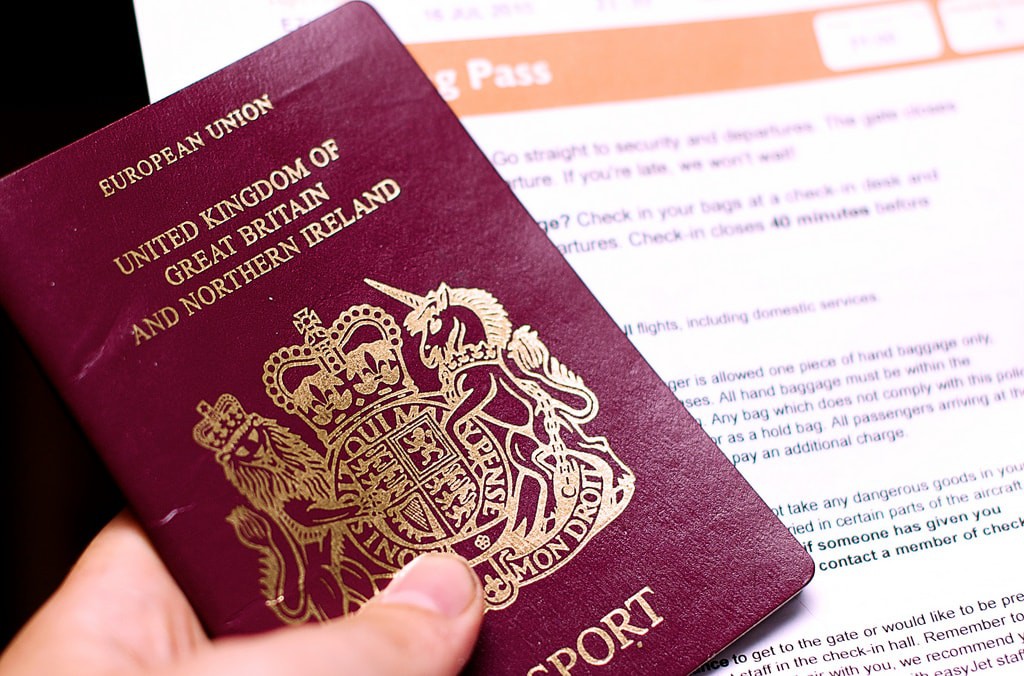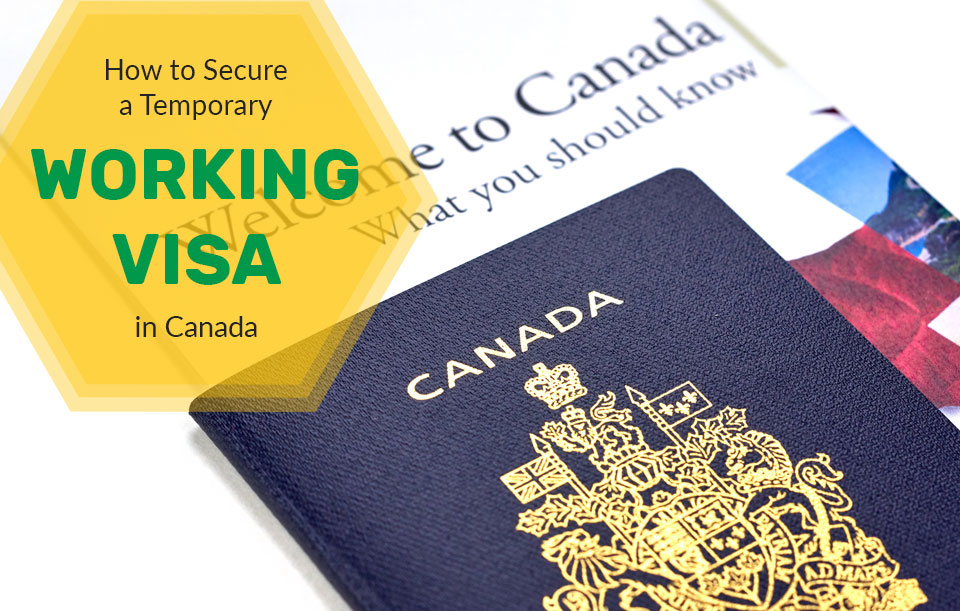How to Immigrate to Canada as a Nurse
If you’re a nurse dreaming of starting a new chapter in your career and life in Canada, you’ve come to the right place.
This comprehensive guide is designed to help nurses like you navigate the immigration process successfully and explore the various pathways available to make your dream a reality.
From the eligibility requirements to the step-by-step process, we’ve got you covered.
Read on to discover how to immigrate to Canada as a nurse and embark on a fulfilling professional journey.
1. Research Canadian Nursing Regulations
Before starting the immigration process, it’s crucial to familiarize yourself with the nursing regulatory bodies and requirements in Canada.
Understand the licensing process, language proficiency expectations, and any additional certifications or qualifications needed to practice nursing in your desired province or territory.
2. Assess Your Eligibility
Evaluate your eligibility for immigration programs tailored for nurses. The National Occupational Classification (NOC) provides codes and descriptions for nursing occupations in Canada.
Determine which NOC code matches your nursing profession and check if you meet the minimum requirements for the specific immigration programs.
3. Express Entry for Nurses
The Express Entry system is a popular pathway for skilled workers, including nurses, to obtain Canadian permanent residency.
Learn about the Comprehensive Ranking System (CRS) and how points are awarded for factors such as age, education, work experience, language proficiency, and adaptability.
Discover how to create an Express Entry profile and increase your chances of receiving an invitation to apply.
4. Provincial Nominee Programs (PNPs)
Many Canadian provinces and territories have their own PNP streams specifically designed for nurses. Explore PNPs that prioritize healthcare professionals and offer accelerated pathways to permanent residency.
Understand the requirements, application process, and nomination criteria for nursing streams within PNPs.
5. Work Permits and Job Opportunities
In some cases, acquiring a job offer from a Canadian employer can facilitate the immigration process. Explore the options for securing a work permit as a nurse, including employer-specific work permits and LMIA-exempt categories.
Learn how to search for nursing job opportunities in Canada, networking strategies, and ways to enhance your chances of getting hired.
FAQs (Frequently Asked Questions)
Q1. What are the language proficiency requirements for nurses immigrating to Canada?
A1. To immigrate to Canada as a nurse, you will generally need to demonstrate proficiency in English or French. Accepted language tests include the IELTS (International English Language Testing System) and CELPIP (Canadian English Language Proficiency Index Program) for English, and TEF (Test d’évaluation de français) for French.
Q2. Do I need to complete the Canadian licensing exam as a nurse?
A2. Yes, as an internationally educated nurse, you will need to complete the Canadian nursing licensing exam. The National Council Licensure Examination for Registered Nurses (NCLEX-RN) is commonly required. Each province or territory may have additional licensing requirements, so it’s important to research and comply with their regulations.
Q3. Are there any bridging programs available for internationally educated nurses?
A3. Yes, Canada offers bridging programs designed to help internationally educated nurses adapt to the Canadian healthcare system. These programs provide additional training, education, and support to enhance your skills and facilitate your integration into the Canadian nursing workforce.


